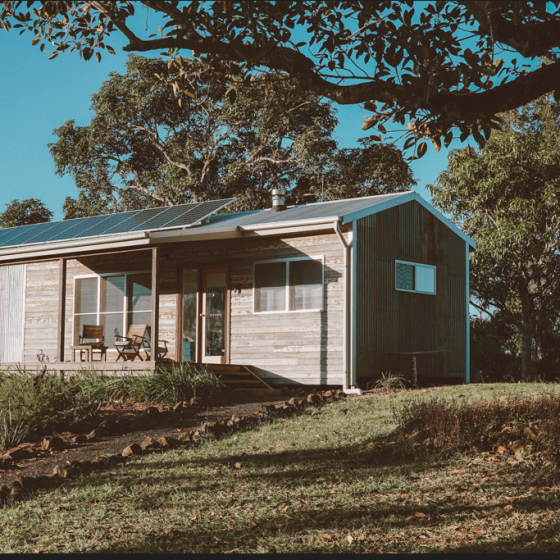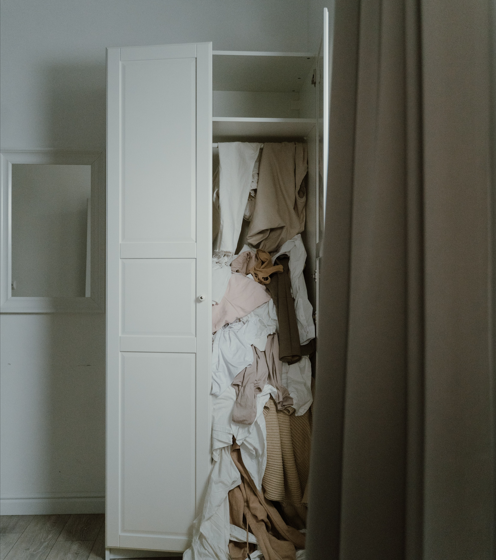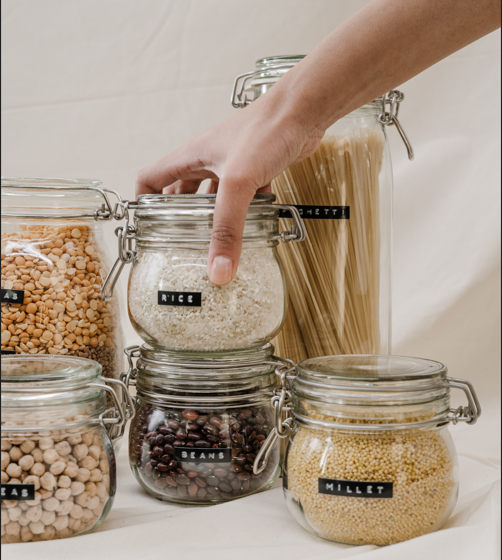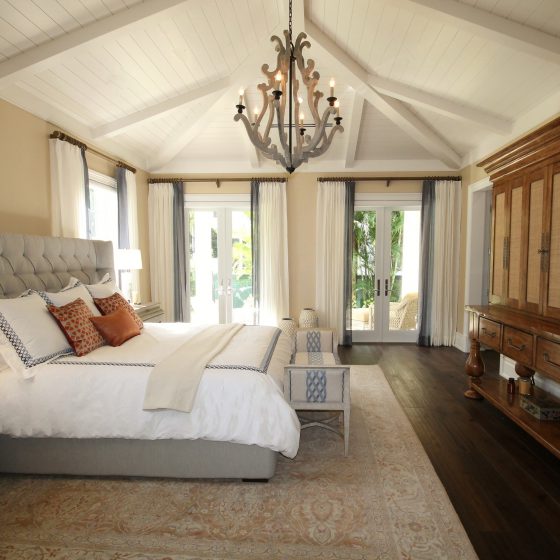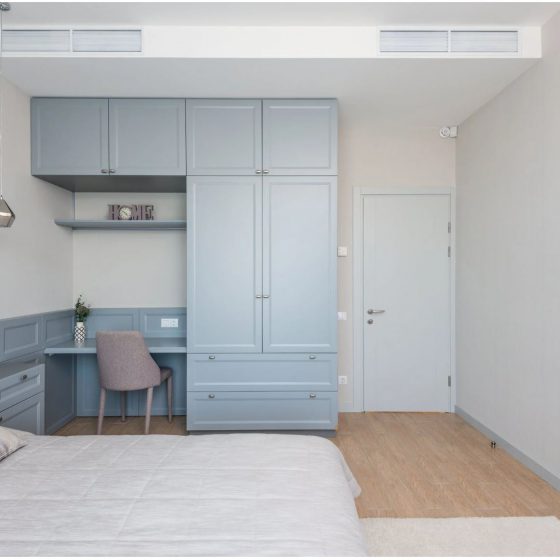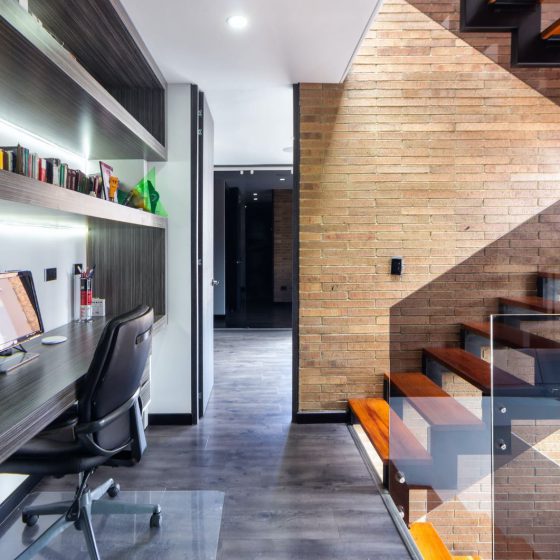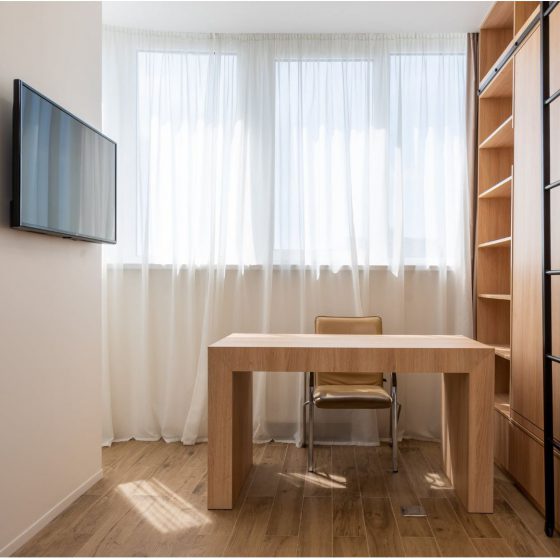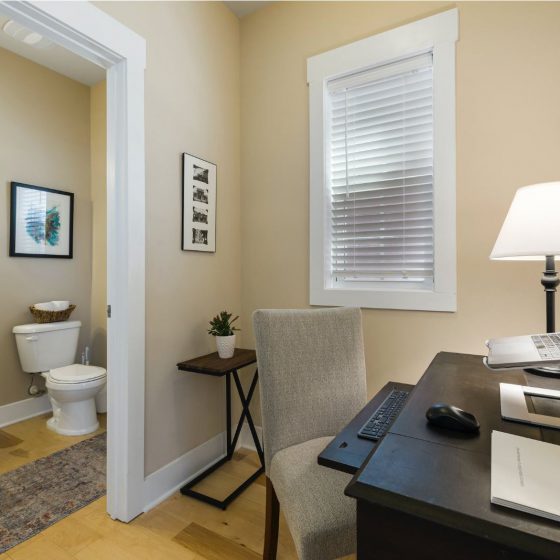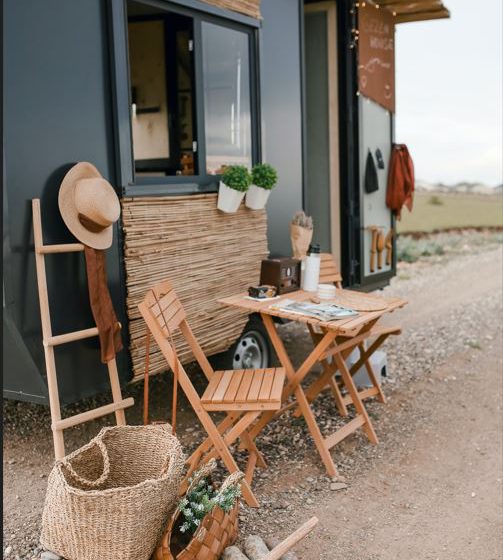To buy or not?
https://imaginahome.com/wp-content/themes/osmosis/images/empty/thumbnail.jpg 150 150 Nisha Muire Nisha Muire https://secure.gravatar.com/avatar/d5fe8c2a727e05a050f28f8236ee415c4328cfed239ef48d94f0e8ac326e8708?s=96&d=mm&r=gToronto homebuyers have shown a recent reluctance to hit the market. With interest rates currently higher than they have been in decades, the rising cost of living and a potential recession on the horizon, it is seems natural to question whether to wade into the housing market now or wait to see whether the price drops have stabilized.
There are a few things to consider if you are in this position and we’ll delve a little bit into each one.
How urgent is your need for a home?
If you are on the market because your apartment lease is up and you need to find a new place to live and you are either unwilling to continue renting or unable to find a new rental, then regardless of the market conditions, finding a home to live in is necessary. In such a situation, negotiating the best deal possible is the most advisable route to take. However, if you are able to wait and there is no real urgency to find a new living situation, then holding off might be a better idea. We’ll discuss why a little further in this article.
If prices drop further and you find yourself paying more than your house is currently worth on the market – will that bother you?
If you are purchasing a property to live in long term, then having the cost of the house drop below your current mortgage shouldn’t be an issue as such a drop would be temporary. Although being in such a position might be unpleasant, you can rest assured that prices will rise eventually and return to what they were. However, if you are planning on only remaining in a home purchased now for a brief period, then you might want to consider renting in the short term. As prices are likely to drop further – in some areas more than others, if you are averse to being in such a position, then waiting for prices to stabilize is the better option for you.
Do you prefer paying more for your mortgage or paying more in interest?
The final consideration on whether to buy a Toronto home this year or to wait, is whether you prefer having a smaller mortgage with more interest or a larger mortgage with lower interest. In the end, it might work out to be almost the same thing, but the reality is this: interest rates are likely to rise again. The Bank of Canada is set to announce another potential rate hike on Dec 07, 2022. Should this happen, depending on the hike announced, the interest being paid on mortgages by homeowners will increase quite significantly. If you have a locked-in rate, then you might not be affected by any future announcements but, if not, then you have to factor in the rate as it might affect how much house you can afford.
Heading into the housing market in the current climate is not as risk-free as it has been for the last two decades. However, real estate is still a solid investment for anyone wanting to build a nest egg in something tangible.


